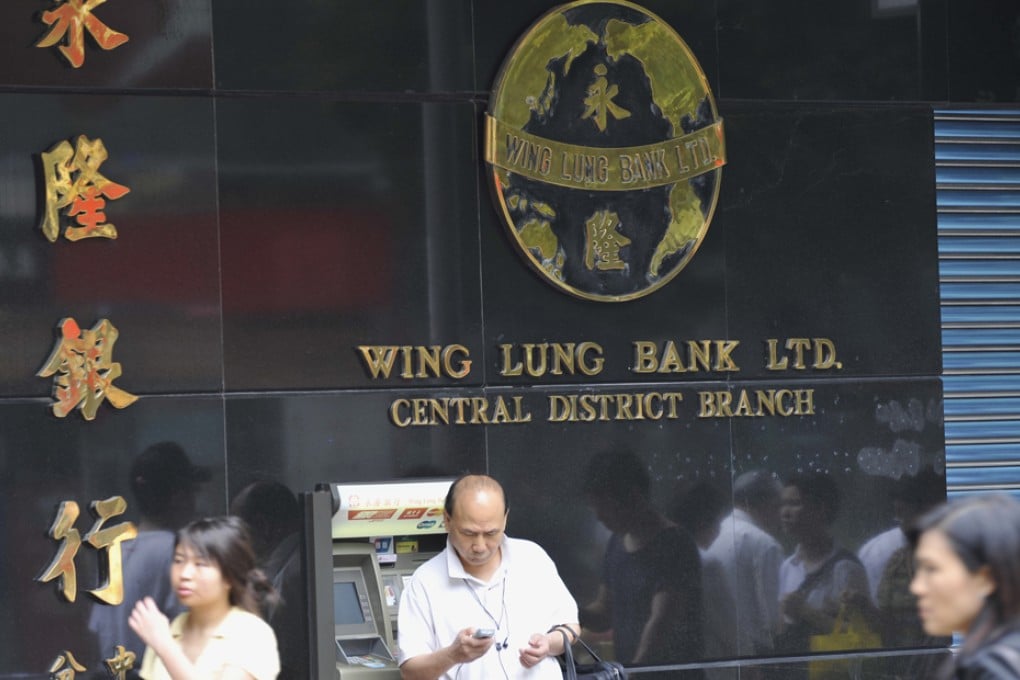Poor advice at Wing Lung fails to address needs
Lack of investment information, other than on insurance products, proves a key turn-off

In the final instalment of the mystery shopper series to test the quality of financial advice being given by banks, our reporter puts Wing Lung Bank to the test.
As before, she posed as a 37-year-old expat mother of two who wanted to invest HK$10,000 a month into a pension.
No financial needs analysis or risk profiling is carried out. The adviser does not ask for how long the shopper wants to save or when she wants to retire, or how long she will be in Hong Kong. The only question put concerned the monthly contribution.
The adviser recommends a whole-of-life insurance (effectively this is a saving plan that incorporates life insurance) from Hong Kong Life. The adviser only provides product literature in Chinese, even though the shopper cannot read the language.
The shopper would have to pay HK$125,000 a year for three years. After 12 years she would have a guaranteed sum of HK$406,104, not much more than the HK$376,591 premiums she would have paid, and HK$495,448 if the non-guaranteed part of the plan performed as expected. There is a life insurance element to the plan, which the shopper says she doesn't want, but the adviser says life insurance is always part of a retirement plan.
The adviser then shows her another whole-of-life insurance scheme. Again all the information is in Chinese. The second plan involves contributions of HK$111,000 a year for eight years, but it would take until year 19 for the guaranteed element of the policy to be equal to the amount paid in.